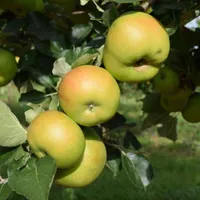9 truly gorgeous Scandi garden design ideas you will want to steal
Keen to create a Scandi-style garden in your own backyard? Check out these Scandi garden design ideas

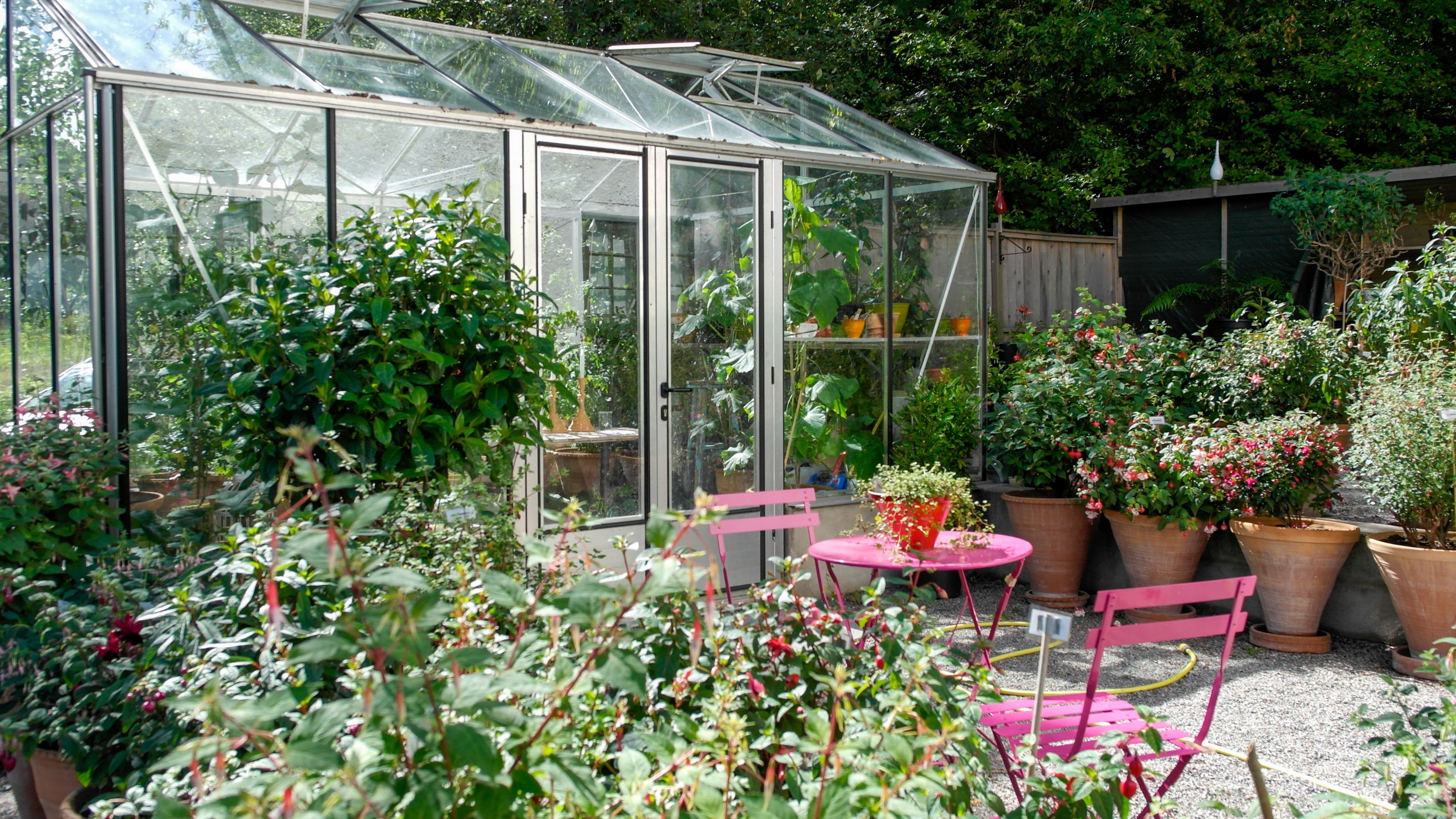
Sign up to our newsletter for style inspiration, real homes, project and garden advice and shopping know-how
You are now subscribed
Your newsletter sign-up was successful
Go on, admit it: you've been researching Scandi garden design ideas ever since you spotted Dawn French's beautiful interpretation of Sweden's pelargonsjuka trend, haven't you?
I know because I, too, have become wholly obsessed with Scandi garden ideas and garden trends. After all, this is the same region that birthed the hugely popular interiors trends that are hygge (pronounced ‘hue-gah’) and lagom (la-gum), so it seems safe to assume that Scandi-style garden ideas are going to be just as popular.
The best Scandi garden design ideas
From the flatlands of Denmark to the dramatic mountains and fjords of Norway, it's little wonder that our Scandinavian neighbours have a unique approach when it comes to figuring out how to plan a garden.
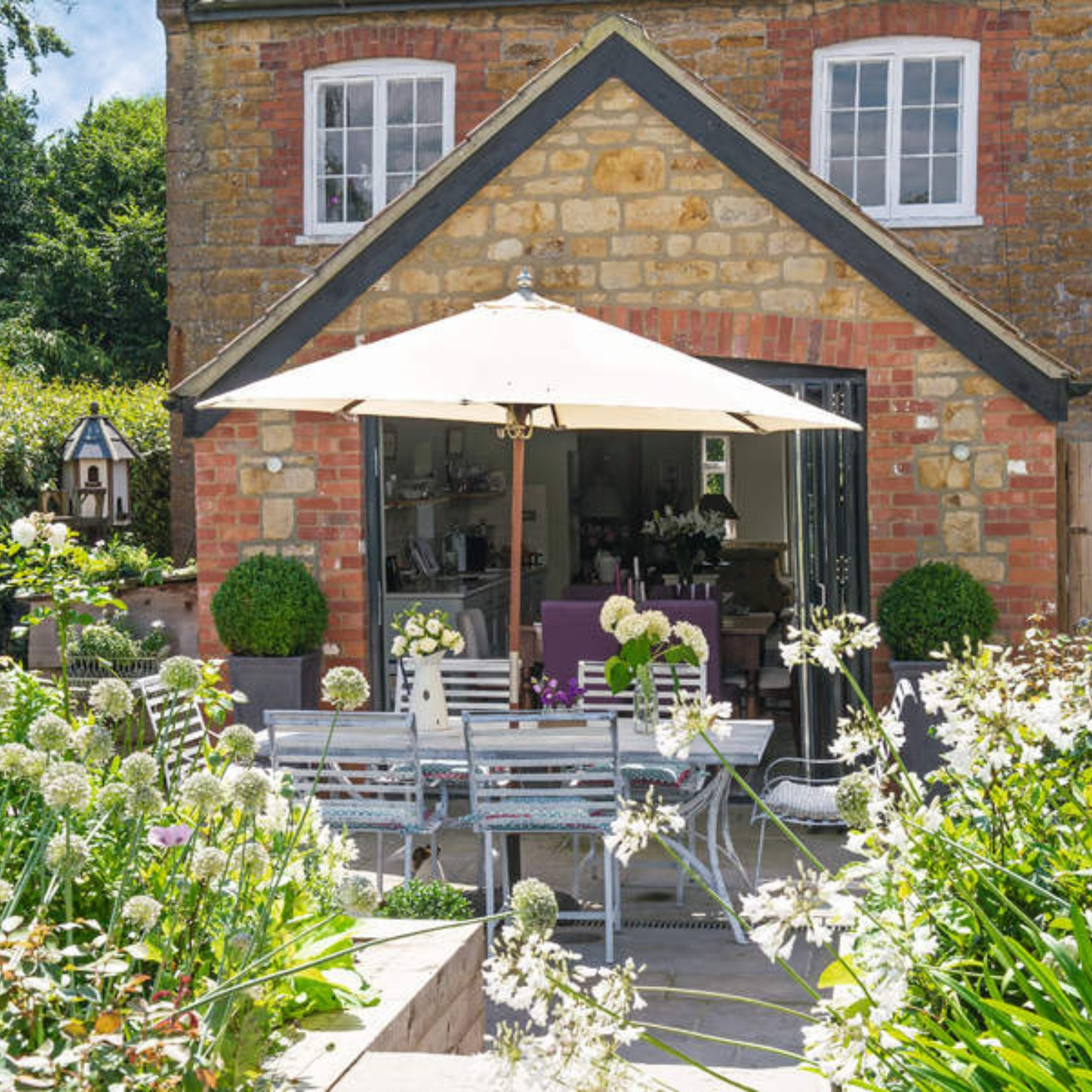
'The timelessness of Nordic design has proven itself around the world for many decades,' says Annika Zetterman. So of course the 'the quality of its gardens and landscapes follows suit, providing inspiration for all climes.'

Annika Zetterman is a Swedish garden designer and writer, whose work is characterised by sensitivity to natural materials, with a design approach where the natural landscape is reflected and interpreted in the arranged space. She has deep understanding of horticulture and masters reading the natural light, which plays an important role in Scandinavia.
Annika is also the author of the book 'New Nordic Gardens: Scandinavian Landscape Design', the founder of Zetterman Garden Design, and gives lectures on garden design in both Sweden and abroad.
Dreaming about creating a Scandi-style garden right here in the UK? From ornamental grasses to pizza ovens (yes, really), Annika has underlined the key Scandi garden design ideas that you need to know.
You are welcome – or, if you want to keep things Swedish, varsågod!
1. Strive for simplicity

Just as you might expect from our oh-so-chic and minimalist Nordic neighbours, Scandi garden design ideas tend to focus on clean lines, natural beauty, and simplicity above all else.
Sign up to our newsletter for style inspiration, real homes, project and garden advice and shopping know-how
'Scandinavians embrace all things natural and simple,' says Annika, adding that 'Scandinavian design is renowned worldwide for its high level of attention to functionality and quality, underlined by philosophies of lagom'.
As a result, the word 'simplicity' doesn’t have anything to do with seeking quick results or taking shortcuts. Rather, it is about using and respecting natural materials – such as wood, stone, and plants – in the best way possible.
2. Keep things seasonal
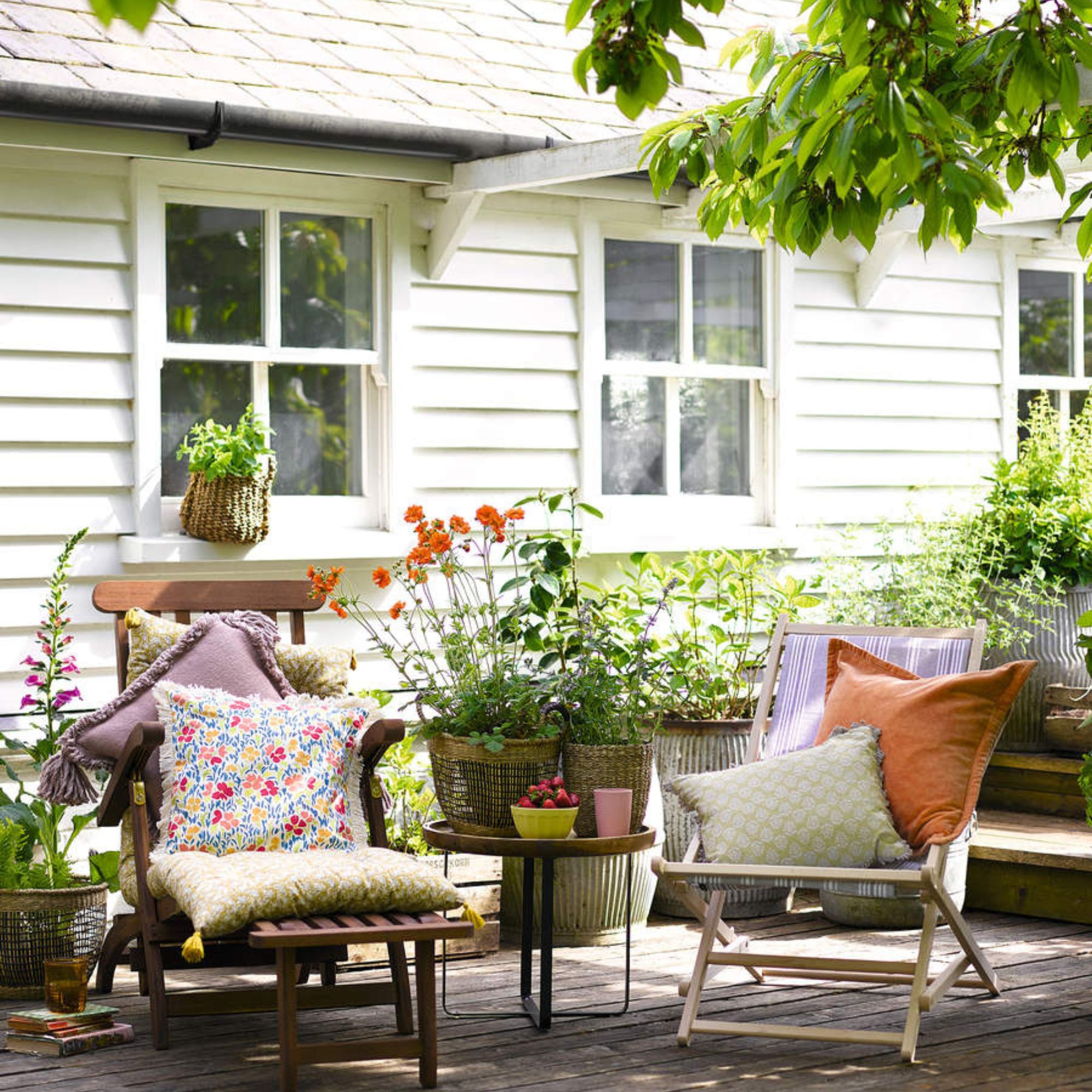
It's one of the modern gardening ideas we saw championed at the RHS Chelsea Flower Show this year, but one of the best and easiest Scandi garden design ideas out there is to plant your garden so that different areas bloom throughout the passing seasons.
'Scandinavians have to work with natural light that change dramatically with the seasons,' says Annika. 'We live in a place where the full circle of live is exposed, from the fragile beginnings of spring, when bulbs such as snowdrops (galanthus) awaken, to the vivid light of midsummer shining down on wildflower meadows.
'Later, we have the peaceful calm autumn colours arrive, and the famously dark and silent Nordic winter. So, when planning a garden in Scandinavia, seasonal interest is important, for both wildlife and people.'
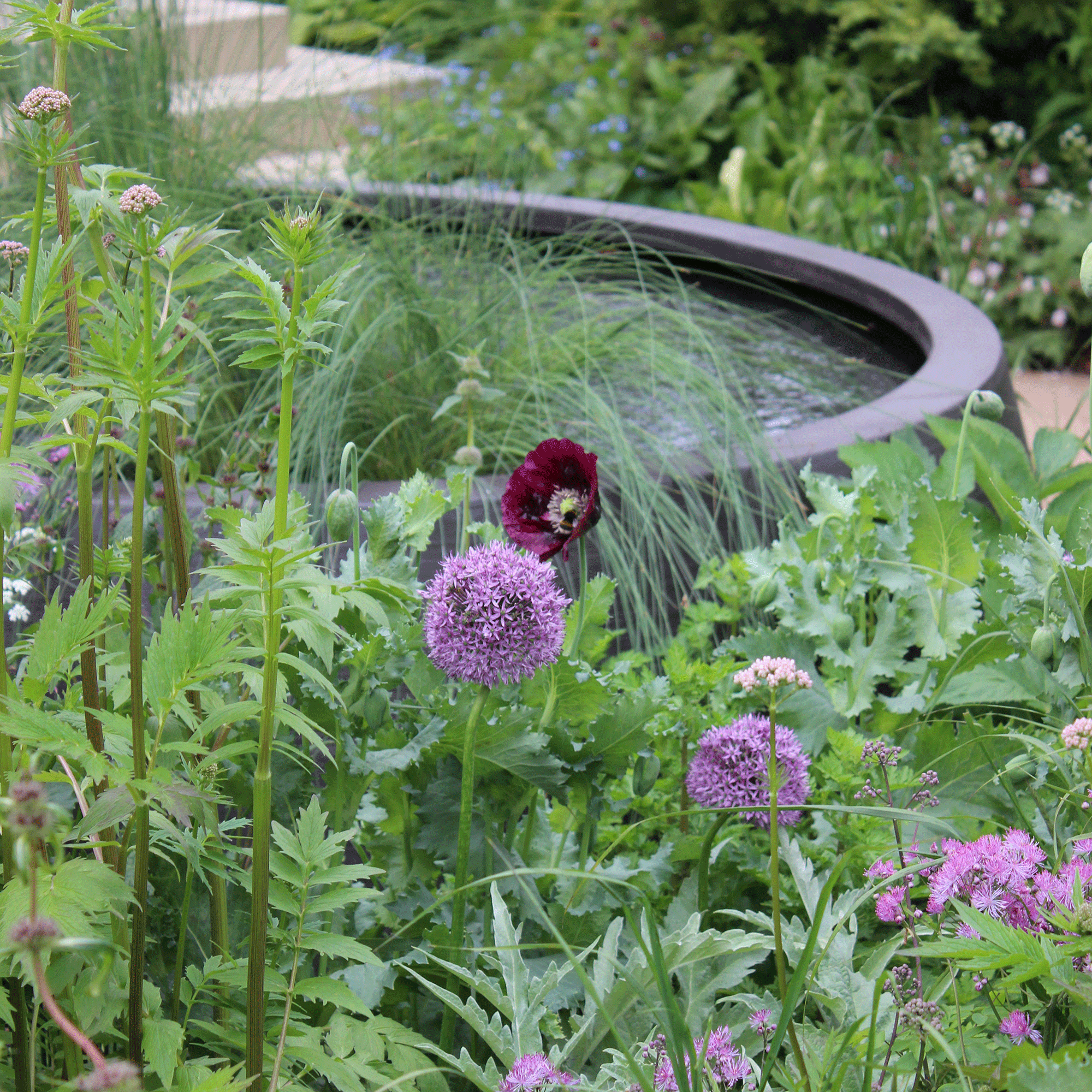
With this in mind, then, Andrew and Christopher O'Donoghue, the co-directors of Gardens Revived, suggest you plant the following flowers in your own garden:
- Snowdrops, crocuses, camellias, daffodils, tulips, primroses and hyacinths for early spring blooms
- Bluebells, lilacs, ornamental alliums, foxgloves, irises, roses, peonies, lavender, pelargoniums, sweet peas, dahlias and poppies for a riot of colour in your garden borders over the summer
- Michaelmas daisies, sunflowers, verbena, grab apples, rose hips, chrysanthemums, rowan berries, and the best trees with golden and russet-coloured leaves will keep you smiling all autumn long
- Winter pansies, ornamental grasses, viola, holly, ivy, witch hazel, hawthorns, winter clematis, and hellebores are great ways to add interest to your garden during the long cold winter
3. Have a go at indoor-outdoor planting
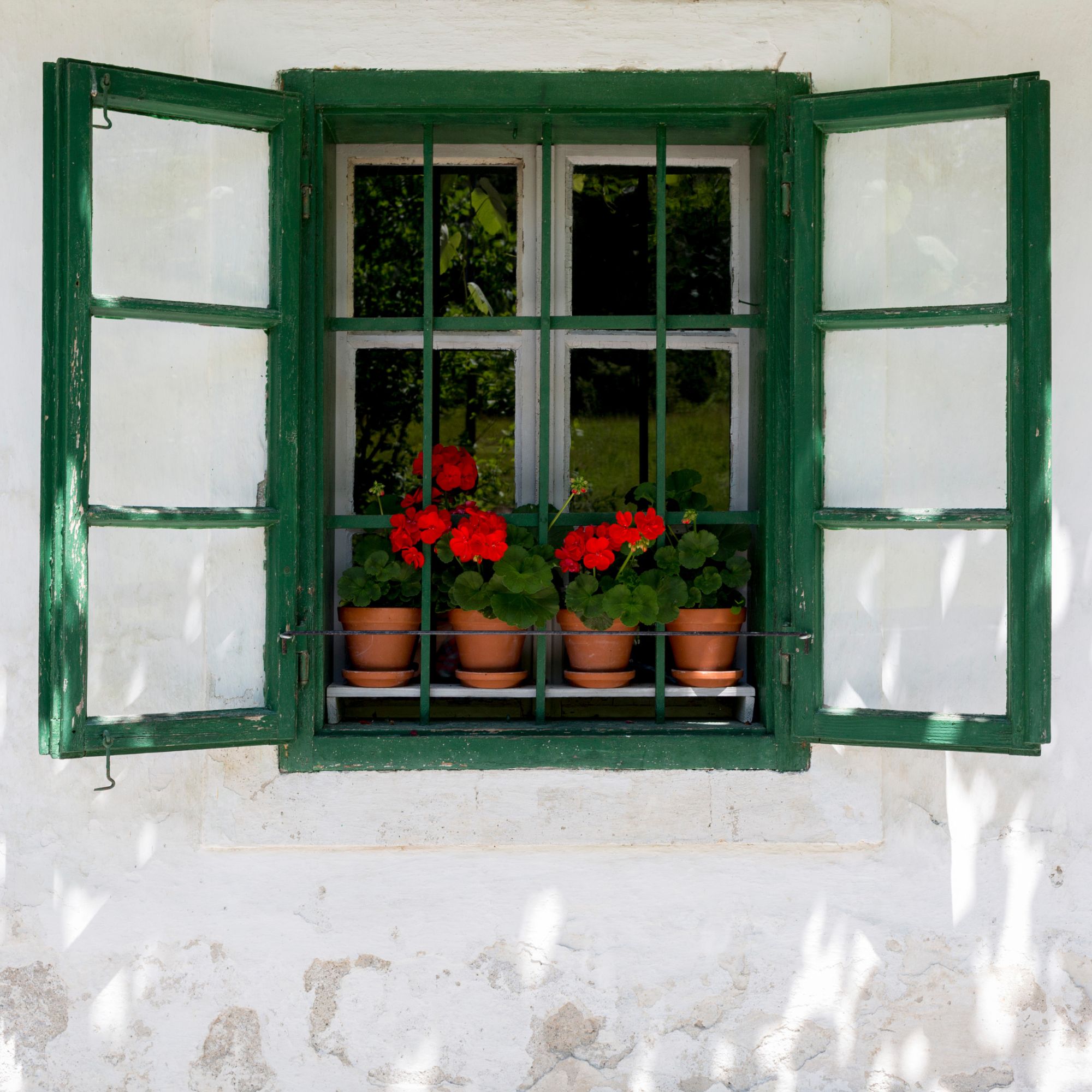
Make like the Scandis and plant your summer annuals in pots, so you can bring them indoors for overwintering when the colder months take hold.
We have already spoken at length about Sweden's love affair with pelargoniums (or geraniums, if you prefer a perennial), and how they love to dot them around their gardens and balconies over the summer, before bringing them indoors for the long cold winter.
'With a long period of darkness and cold during winter, green and living plants are uplifting in any room in Scandinavia,' explains Annika.
'Bringing a "reminder of the garden" inside, has been important in Scandinavia for centuries.'
4. Celebrate the three signature Scandi plants
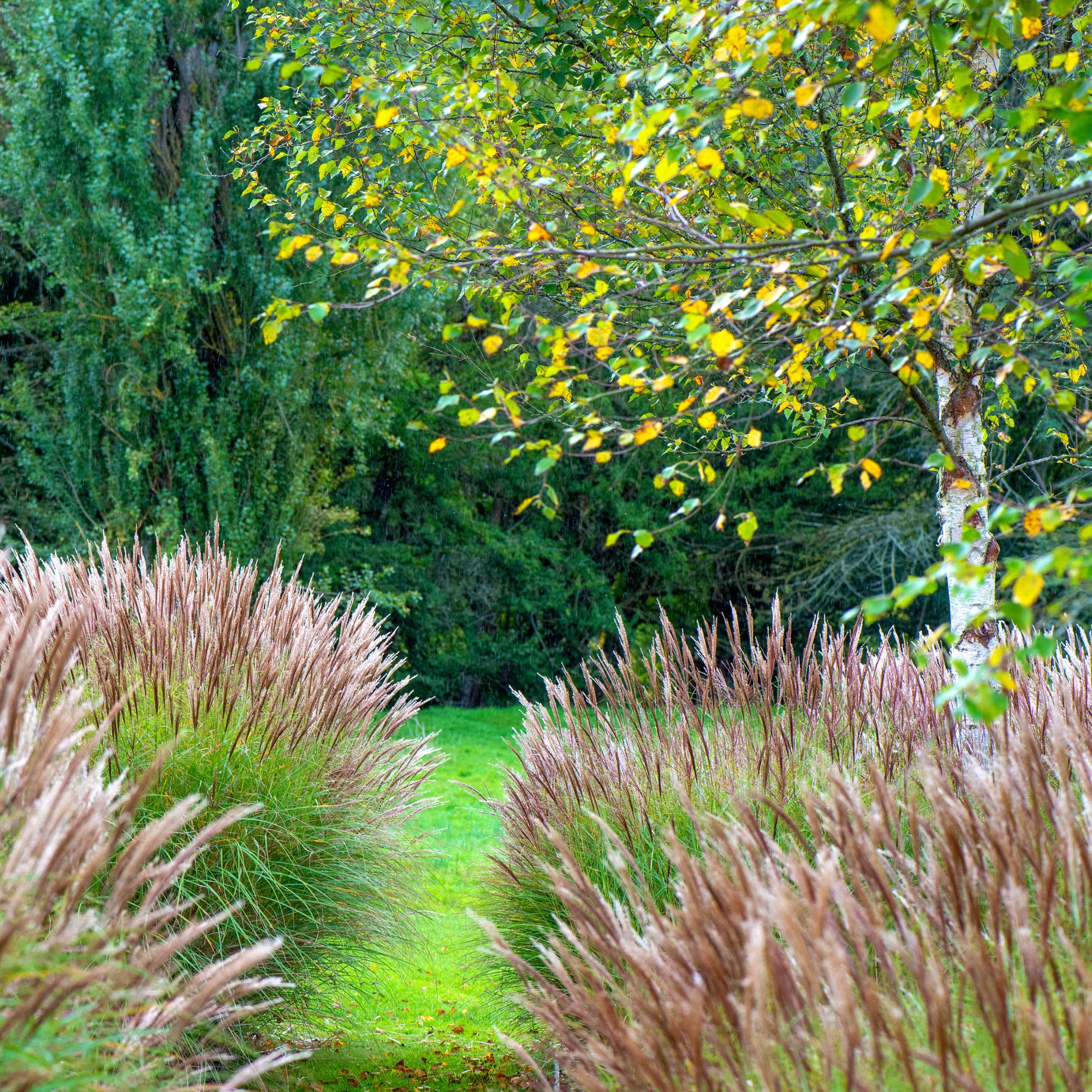
When it comes to adding an instant pop of Scandi magic into your garden, just be sure to plant one of the Nordic region's three signatures: ornamental grasses, pine, or birch.
'Any garden that is inspired from the surrounding landscape in the region looks very natural in its space,' says Annika.
'In Scandinavia, the use of ornamental grasses, pine or birch sets the tone of a clean, simple and natural expression to a garden.'
Annika adds that these plants are also easy ways to add seasonal interest to your garden all year long, noting: 'Grasses move gently in the wind in summer, and the white stems of the birch trees are key focal points in winter, with delicate light green foliage in summer.
'Pines have a pleasant scent all year round, and they also add an architectural element to any outdoor space.'
5. Try your hand at rain harvesting
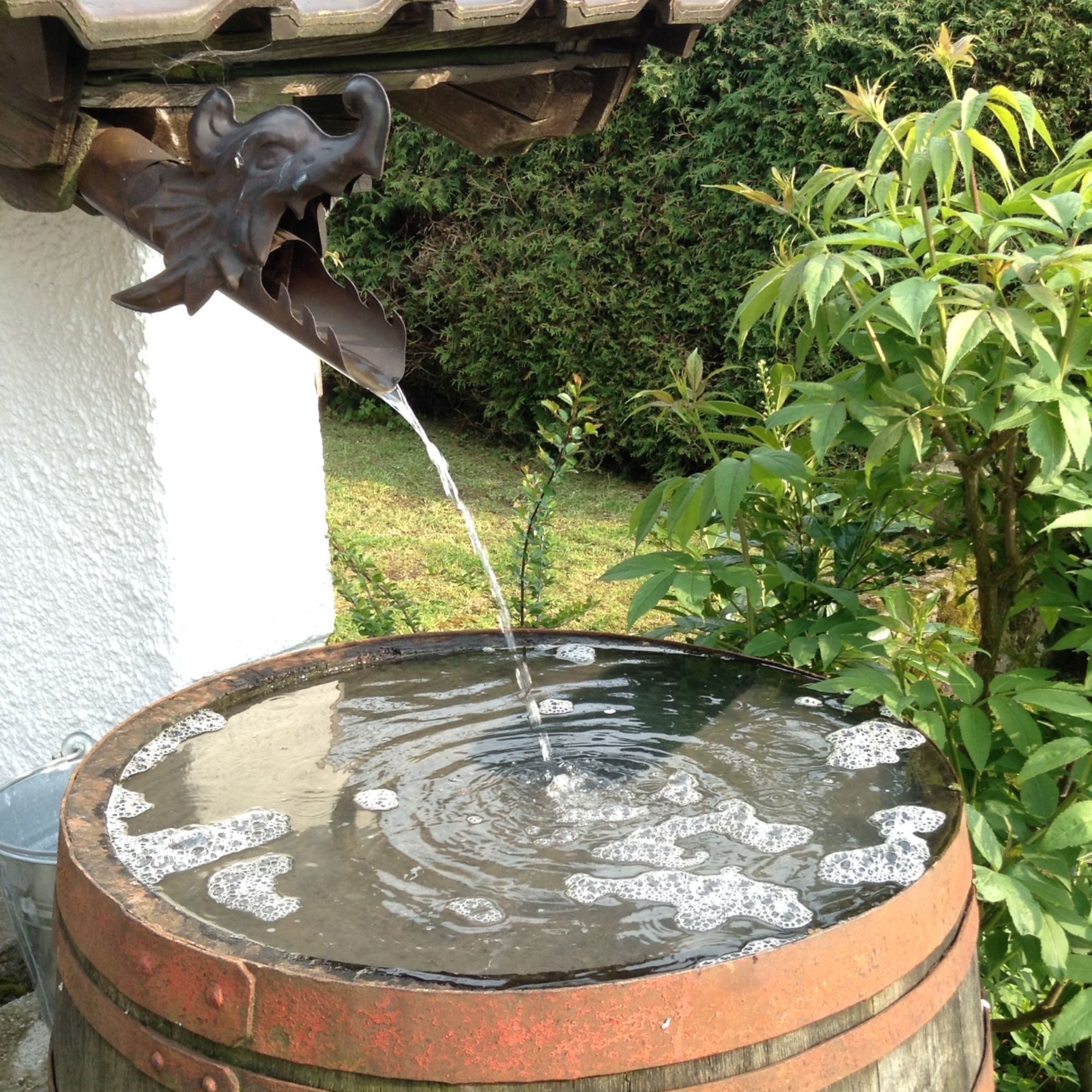
If you are looking for a seriously pretty rain harvesting method, why not opt for a Scandi gardening trend and repurpose an old wooden barrel, such as this one from Amazon?
As Annika points out, you will find wooden water barrels being used throughout the Nordic countryside, usually in people's summer houses.
'My grandmother, living on a farm, did it all the time,' she says. 'It can prove a beautiful addition to your garden, an eco-friendly solution to watering, and looks very natural when sat close to a greenhouse or conservatory.'
6. Opt for pale colours and pretty pastels
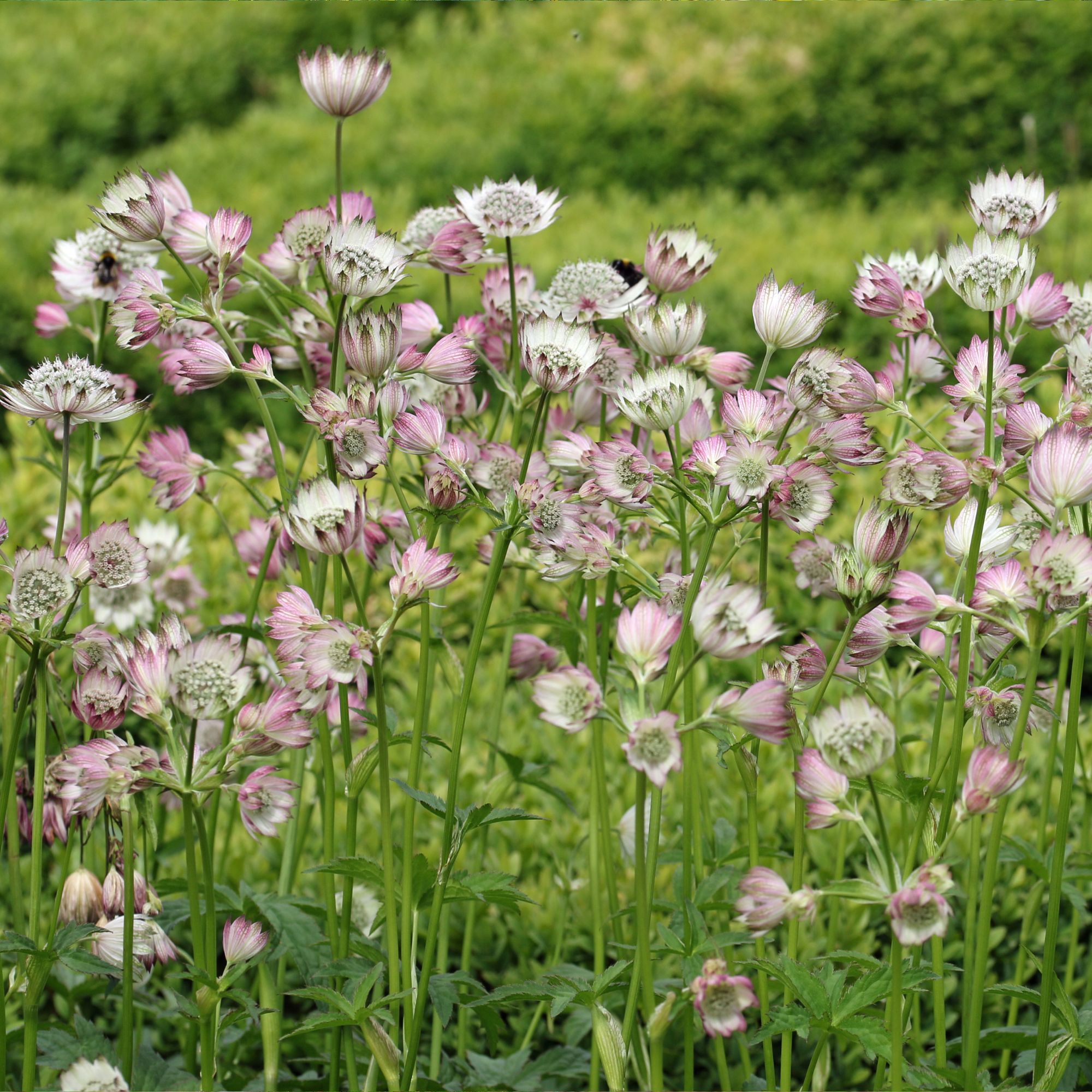
Scandi gardeners tend to favour pretty pastels in pale colours when it comes to planting flowers in their gardens (saving the riotous bright hues of pelargoniums and the like for their selection of potted plants).
'Scandinavian landscapes hold a range of delicate plants,' says Annika. 'The soft summer light makes fine detailing easy to see, and colours are often soft: think dusty blues, such as varieties of scabiosa and campanula, as well as the powder pinks and whites of astrantias and anemones.'
She adds: 'Planting blooms such as these is an easy way to reflect the natural Nordic landscape, and I promise it will look stunning in the fragile light.'
7. Turn your garden into an extension of your home
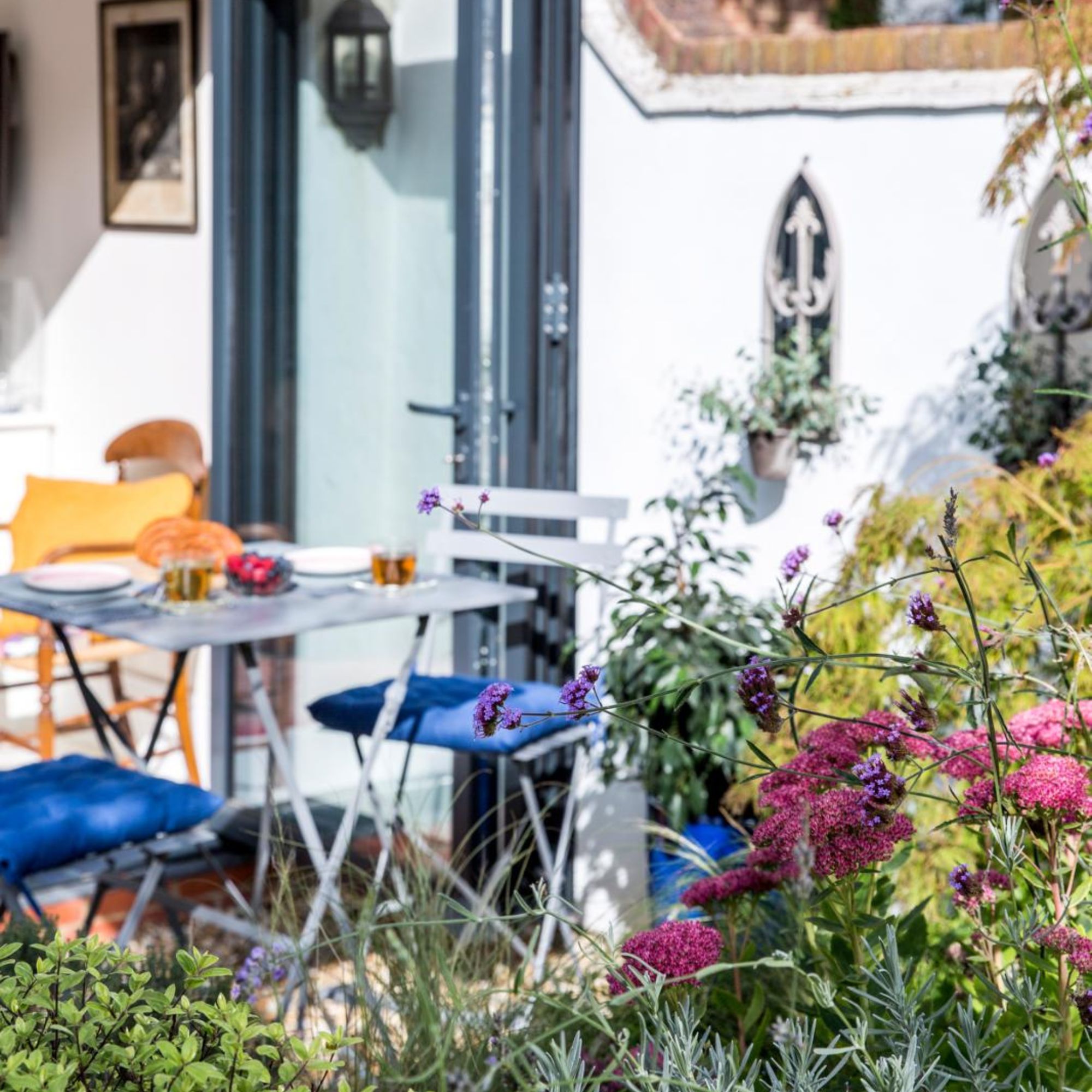
Make like a Scandi and try to live outdoors as much as possible in the summer months. Invest in an outdoor table and chairs (this 4-piece rattan garden furniture set is just £118 on Amazon), check out our pick of the best pizza ovens and best BBQ ovens, and consider installing a shelf or two to store plates, cups and candles.
'With relatively short summers (June-August), Scandinavians take every opportunity possible to spend time outdoors in summer, and gardens become places where we spend more time than anywhere else during sunny days,' says Annika.
'Therefore, outdoor kitchens, pizza ovens, swimming pools and additional buildings such as green houses, conservatories and saunas are popular additions in a modern garden – functions that allow for maximum relaxation, gathering and enjoyment the garden.'
Essentially, think of the garden as an extension of your home: there should be a place for people to sit and socialise together in comfort, as well as plenty of plants for pollinators to enjoy.
8. Dig into the world of crops and edibles

Outdoor kitchen ideas are steadily becoming the hottest thing since sliced beetroot, with a number of the show gardens at RHS Chelsea championing the grow your own movement. As ever, though, it seems our Nordic neighbours are two steps ahead of us, as a Scandi-style garden should be packed full of edibles and vegetables that grow in shade.
'Traditionally, Scandinavians were farmers,' says Annika. 'Being able to cultivate the soil is what enabled us to survive in the north.
Bramley's Seedling | from £54.99 at Crocus
Often described as the best of the cooking apple trees, Bramley's Seeding won't just keep you supplied with plenty of delicious fruits: it will also add some natural beauty to your garden with pale pink blossoms over the spring months.
'Today, many appreciate a grow-your-own lifestyle, cultivating both heritage plants as well as fresh produce in parts of the garden,' continues Annika.
'And fruit trees, apple trees in particular, have never fallen in popularity in Scandinavia, with plenty of us planting old as well as new varieties, such as Åkerö, Gravensteiner, Aroma and Gyllenkroks Astrakan.'
Not blessed with a lot of outdoor space? Don't worry: you can grow edimentals, such as tomatoes, chilli peppers, raspberry canes and even lemon trees, in pots and containers.
9. Treat local wildlife with respect

The most important Scandi garden design idea of all? Use your garden to care for local wildlife wherever possible, be it by planting bee friendly herbs, installing a bird bath, creating a DIY garden pond.
'Scandinavians live in countries with great freedom,' says Annika. 'People and landscapes have always lived in symbiosis and we have the rights to roam freely in nature.
'Caring about wildlife and helping the environment comes natural to us. Using water collectors in gardens, implementing a sod or turf green roof, and opting for reclaimed materials wherever possible are ways of building and looking after your garden and the natural world around it.'
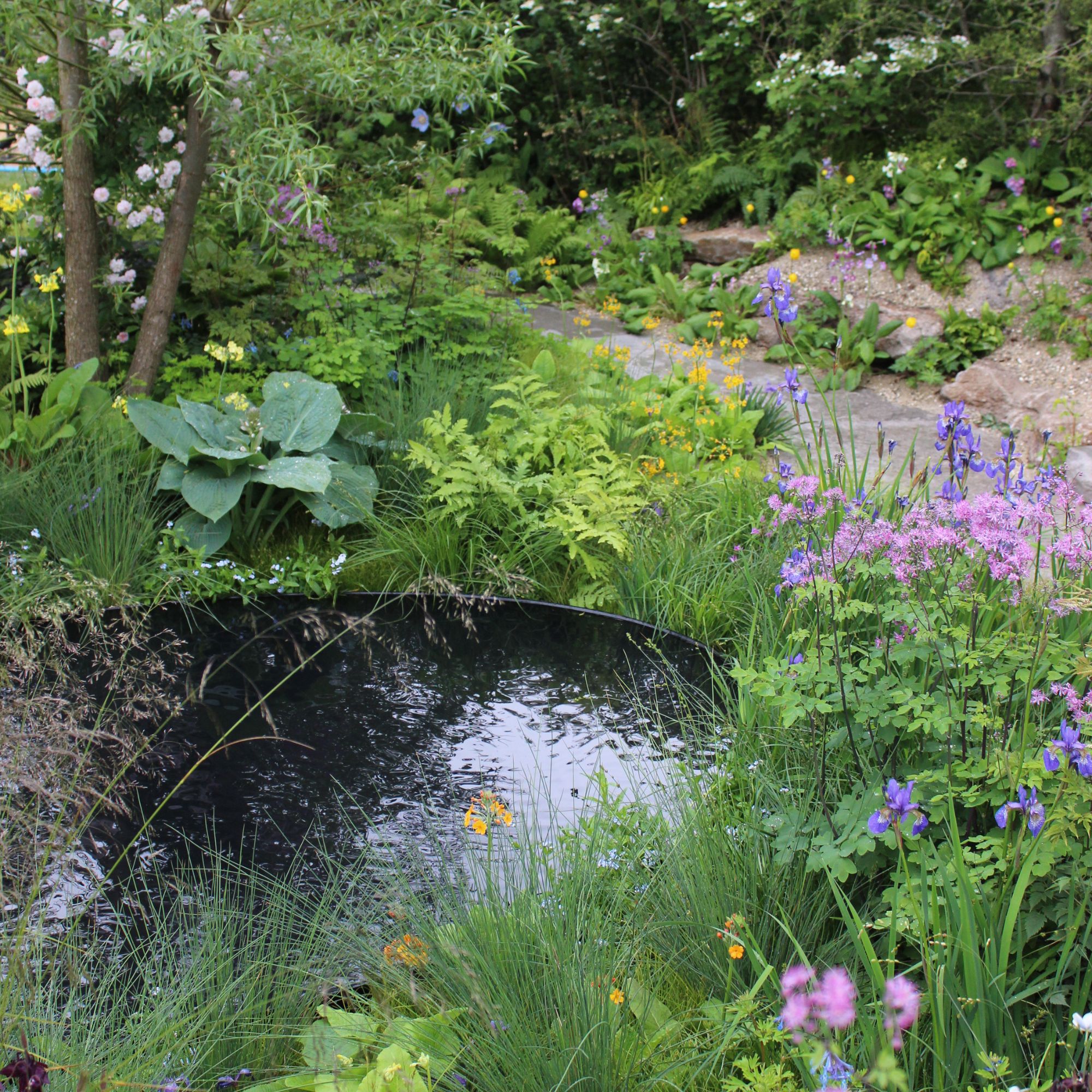
If you are looking for more wildlife garden ideas to turn your outdoor space into a nature haven, then Catherine Capon, wildlife expert and communications consultant at Treedom, suggests the following:
- Provide water sources: place shallow dishes or bowls filled with fresh water in your garden or outdoor areas for birds and small mammals. Consider using birdbaths or small ponds to create water sources.
- Create shade and shelter: set up shade structures like umbrellas or canopies in your garden to provide refuge for wildlife. Additionally, consider creating brush piles or leaving sections of your garden unmowed (No Mow May might be over, but its message lives on!) to offer shelter for animals.
- Maintain bird feeders: keep bird feeders filled with fresh food and clean water, and clean them regularly to prevent the spread of diseases.
- Plant native and drought-resistant vegetation: choose native plants that are adapted to the local climate and require less water.
- Provide natural food sources for wildlife: consider creating pollinator-friendly gardens to support bees, butterflies, and other beneficial insects.
- Avoid pesticide use: pesticides have harmful effects on wildlife, so opt for natural alternatives or integrated pest management techniques, such as companion planting.
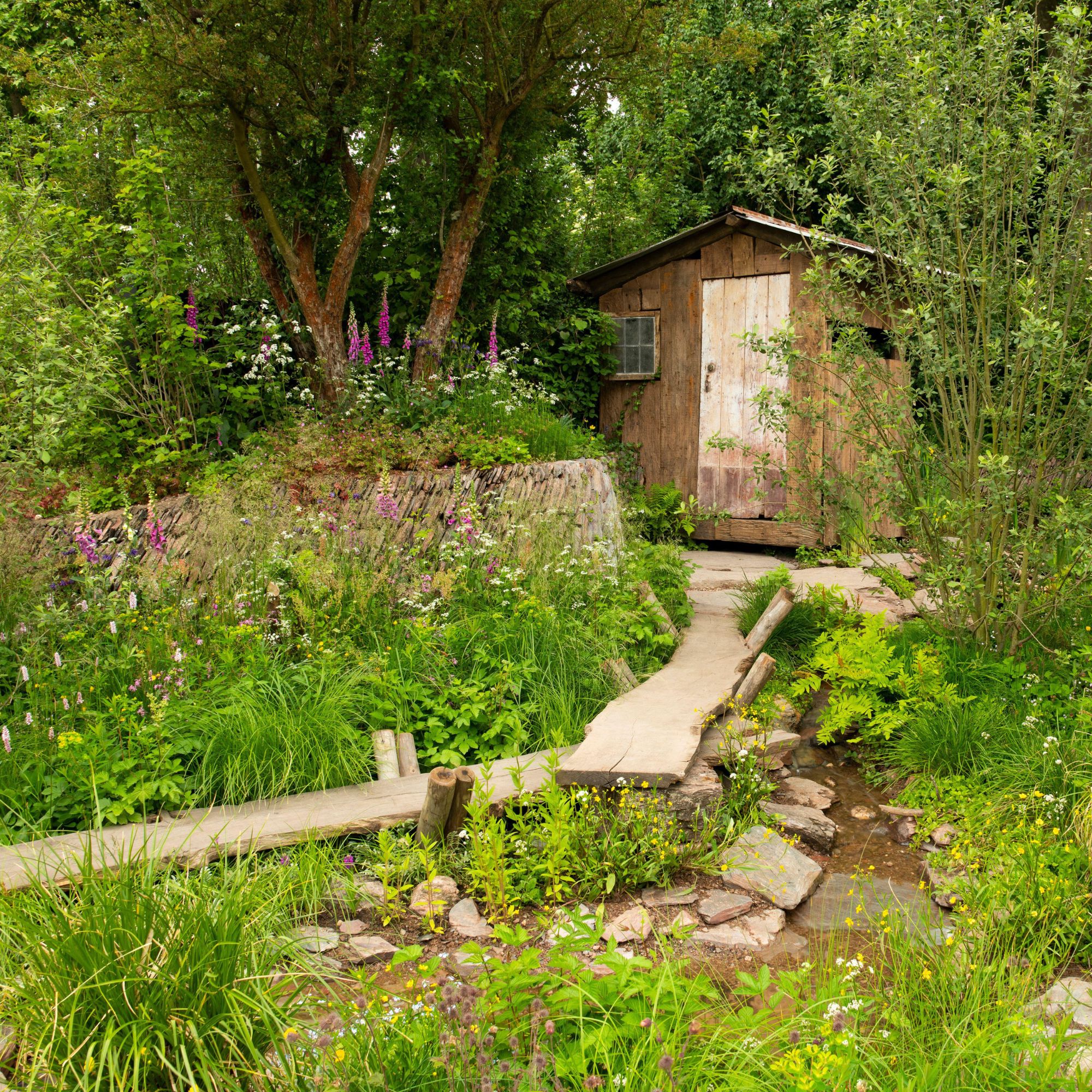
Anyone else suddenly itching to get out into their garden and give it a Scandi-style twist? Me too! I'll see you out there, OK?
What are the elements of Scandinavian design?
The main elements of Scandinavian design are functionality, simplicity, and sustainability – and, when it comes to a Scandi-style garden, you'll want to include plenty of seasonal interest, too. Try to use natural and recycled materials (ideally in colours found in nature, such as greens and pale pastels), bring your patio plants inside for overwintering, and don’t try to tame your garden: the idea is to work with nature, not against it.
What is a Scandinavian style garden?
Scandi garden design ideas tend to place a great deal of emphasis on clean lines, blurred boundaries, vegetable crops and edibles, and flowers that have been chosen with the seasons in mind. The idea is to add plenty of seasonal interest to your garden all year long, so take note of the plants that are flourishing in your garden (and when) and follow their lead.

Kayleigh Dray became Ideal Home’s Acting Content Editor in the spring of 2023, and is very excited to get to work. She joins the team after a decade-long career working as a journalist and editor across a number of leading lifestyle brands, both in-house and as a freelancer.
